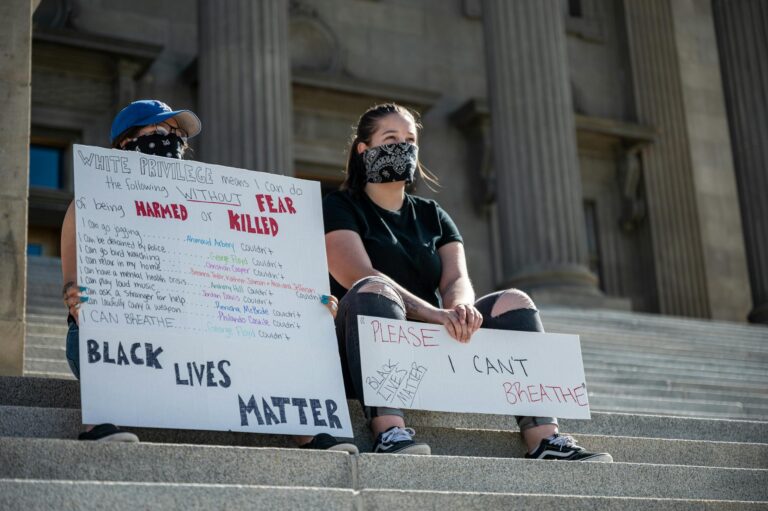POA stands for “Power of Attorney,” which is a legal document that grants an individual, called an agent or attorney-in-fact, the authority to act on behalf of another individual, known as the principal. There are different types of POAs, but the two most common ones are durable POA and medical POA.
A durable POA grants the agent the power to make financial and legal decisions on behalf of the principal, even if the principal becomes incapacitated or mentally incompetent. In other words, the durable POA remains in effect even if the principal can no longer make decisions for themselves.
On the other hand, a medical POA grants the agent the power to make healthcare decisions for the principal in case the principal is unable to make those decisions for themselves. This includes decisions about medical treatments, procedures, and end-of-life care.
Do you need both a durable POA and a medical POA? The answer depends on your individual circumstances. If you want someone to make both financial and healthcare decisions for you, then you will need both types of POAs. However, if you only want someone to make healthcare decisions for you, then you only need a medical POA. And if you only want someone to make financial decisions for you, then you only need a durable POA.
In terms of which type of POA is more powerful, it’s hard to say, as both types of POAs can be important depending on the situation. However, it’s worth noting that a durable POA can potentially have more far-reaching effects than a medical POA, as it can allow the agent to handle the principal’s finances, property, and legal affairs.
When it comes to filling out a POA with a loved one who has dementia, it’s important to be sensitive to their needs and limitations. Ideally, you should try to involve them in the process as much as possible, but be prepared to handle the paperwork and legal formalities yourself if necessary.
Here are some general steps to follow when filling out a POA with a loved one who has dementia:
- Choose a trusted agent: The agent you choose should be someone you trust to act in the best interests of your loved one. This could be a family member, friend, or professional advisor.
- Discuss the POA with your loved one: If your loved one is still able to understand and communicate, explain to them what a POA is and what it entails. Be prepared to answer any questions they may have and address any concerns they may raise.
- Choose the type of POA: Determine whether you need a durable POA, medical POA, or both, depending on your loved one’s needs and wishes.
- Fill out the POA form: You can find POA forms online or through an attorney. Make sure to fill out the form completely and accurately, including the names of the principal and agent, the scope of the agent’s authority, and any limitations or conditions on that authority.
- Get the POA notarized: In most states, a POA needs to be notarized to be legally valid. Make sure to follow the notarization requirements in your state.
- Distribute copies of the POA: Make sure your loved one, the agent, and any other relevant parties (such as banks, doctors, or financial advisors) have copies of the POA.
- Revisit the POA regularly: It’s important to periodically review and update the POA to make sure it still reflects your loved one’s wishes and circumstances.

What’s the difference between a medical POA and a healthcare proxy?
A medical POA and a healthcare proxy are similar in that they both grant an individual the authority to make healthcare decisions for the principal in the event that the principal is unable to make those decisions for themselves. However, the specific language and requirements may vary depending on the state and the type of document being used.
A healthcare proxy is a legal document that allows an individual, called the healthcare agent, to make healthcare decisions for the principal in the event that the principal is unable to make those decisions themselves. The healthcare proxy is typically a document that is recognized by state law, and it can provide specific instructions for the healthcare agent to follow.
A medical POA, on the other hand, is a more general legal document that grants an individual the power to make healthcare decisions for the principal in the event that the principal is unable to do so. A medical POA may not be recognized in all states, and it may not provide as much guidance or instruction for the healthcare agent as a healthcare proxy.
What About DNR – Do Not Resuscitate?
A Do Not Resuscitate (DNR) order is a medical order that instructs healthcare providers not to attempt resuscitation in the event of cardiac or respiratory arrest. A DNR order can be included in a healthcare proxy or medical POA, or it can be a separate document altogether. In any case, it’s important to discuss the potential implications of a DNR order with the healthcare agent and other relevant parties, such as healthcare providers.
If your loved one with dementia cannot understand or communicate what a POA means, it may still be possible to create a valid POA, depending on their level of capacity and the specific legal requirements in your state. In general, a POA will be more legally defensible if it was created when the principal had the capacity to understand and sign the document. However, if your loved one is no longer able to understand or sign a POA, you may need to explore other options, such as seeking guardianship or conservatorship through the court system. It’s important to consult with an attorney who specializes in elder law or estate planning to determine the best course of action for your specific situation.
What if a Loved One with Dementia Refuses a POA?
If your loved one refuses to sign a POA, it can be challenging to establish legal authority to act on their behalf. However, there are a few steps you can take to explore your options:
- Have an open and honest conversation: If your loved one is hesitant to sign a POA, it’s important to have an open and honest conversation with them about why they are reluctant. They may have concerns or fears that you can address, or they may simply need more information about the benefits of having a POA.
- Consider alternatives: If your loved one is still reluctant to sign a POA, you may need to consider alternative options for establishing legal authority, such as seeking guardianship or conservatorship through the court system. These options can be more time-consuming and expensive than a POA, but they may be necessary if your loved one is unable or unwilling to sign a POA.
- Get professional help: It can be helpful to consult with an attorney who specializes in elder law or estate planning. They can provide guidance on your legal options and help you navigate the process of establishing legal authority to act on behalf of your loved one.
It is of utmost importance to respect your loved one’s wishes and autonomy, while also ensuring that they are protected and cared for in the event that they become incapacitated. It’s a delicate balance, and seeking professional guidance can be a helpful way to navigate the process.





